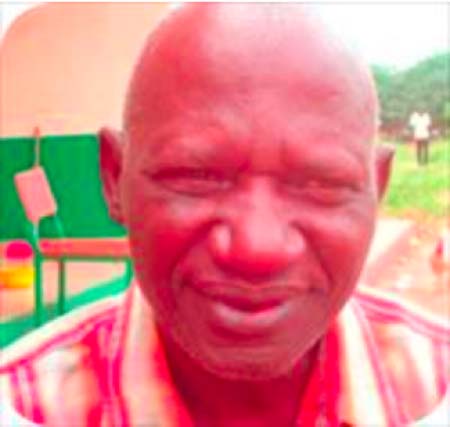
PS Touray made this statement at the opening of a validation workshop of the Gambia Emergency Agricultural Support Project (GEASP), Project Closure Report (PCR) draft document, and ECOWAS harmonization on the agrochemical draft document, held at the Kairaba Beach hotel.
The GEASP was operating under the West African Agricultural productivity Programme (WAAPP), which is a regional project managed by the World Bank.
The forum was geared towards bringing stakeholders from various institutions to validate the project closure report of the Gambia Emergency Agricultural Support Project (GEASP) and ECOWAS harmonization document on agro-chemical.
He described the validation as very important as far as the Ministry of Agriculture was concerned, adding that it was very important to have a brief background on the WAAPP project.
He said the document the stakeholders were validating was the Project Closure Report, stating that GEASP is a Japanese grant launched within WAAPP and to be managed by World Bank for a very good reason.
According to PS Touray, WAAPP is a regional project including thirteen countries, with Guinea-Bissau and Cape Verde being in the process of getting on board so that as a regional project it focuses on regional policy harmonization.
“The first pillar of WAAPP is regional integration, therefore, as a region, we must harmonise our policy rules and regulation so that we don’t have a problem of divergent protocol while we are in the sub-region,” he said.
He also noted that the participants would be validating the pesticide-harmonising framework and the purpose was to look at the pesticide Control Act of 1994.
He said the participants would also be looking at that act to validate it so that it would be harmonised with the ECOWAS regulation.
According to PS Touray, no country in the sub-region could be in isolation, as they are integrated and have to be together in the regulation.
“It is important that we must harmonise our policy and the regulation to forge forward if we are to make any head way,” he added.
He said it was important for the participants to look into the document very critically so they could brainstorm to guide the implementation process of the future project better.
He said that for future implementation process, once they have done this, they could be able to minimise and address challenges that they face in the previous implementation of the previous project.
PS Touray added that no project could be implemented without challenges, the Project Closure Report (PCR) is therefore, an opportunity for them to learn from those challenges and take stock so they would not make the same mistake in implementing future project.
In his introductory remarks, the coordinator of the Central Project Coordinating Unit (CPCU), Ebrima Jawara, said the project was implemented under the West Agricultural Productivity Programme (WAAPP).
He said the project was initiated as a result of the 2011 drought, which resulted in crop failures, adding that the purpose of the forum was to look at that document, validate it with necessary adjustment, and fill the gap that are missing and carve the way forward for a better working document for The Gambia.


